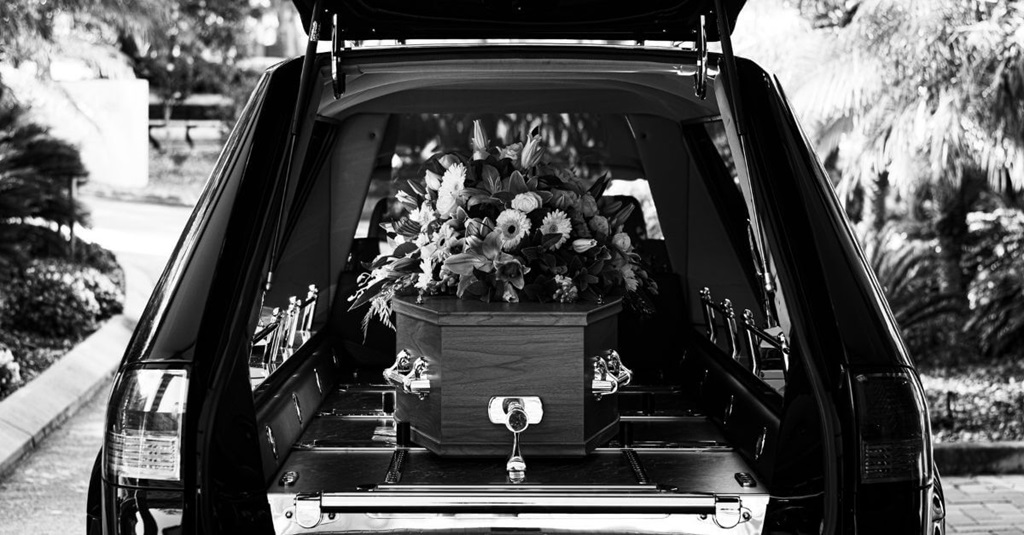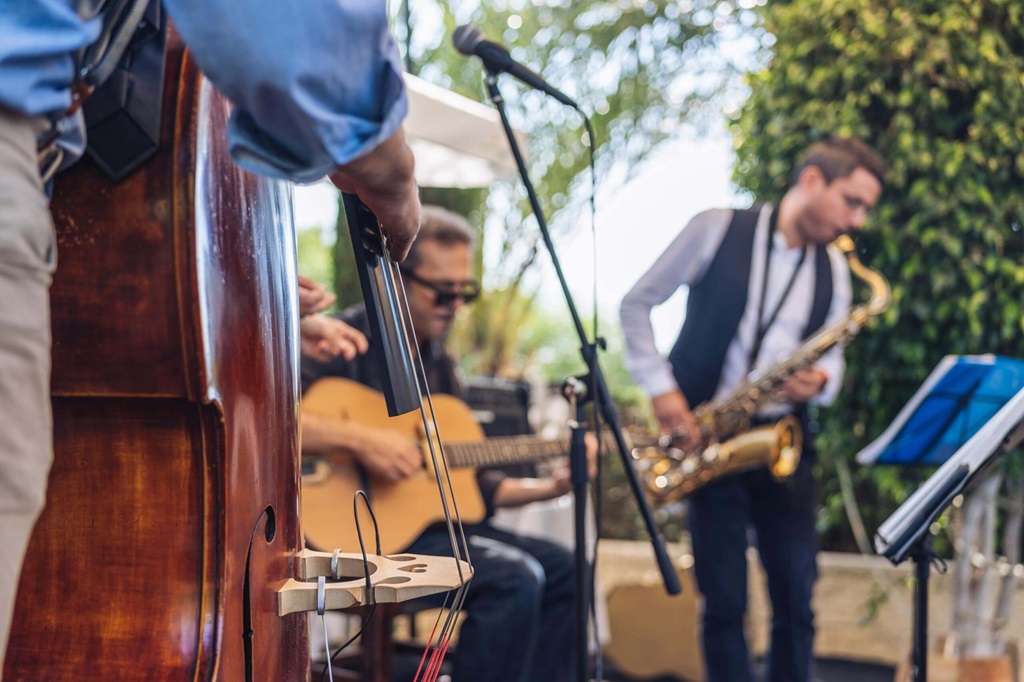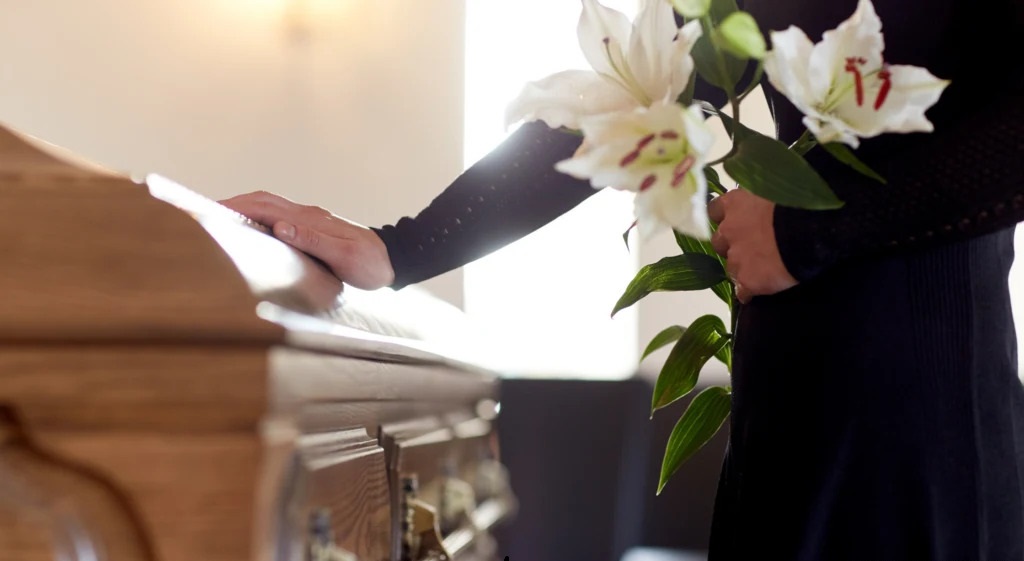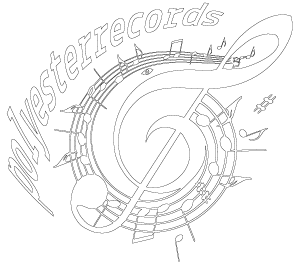
28 Jan Songs Played at Funerals: Comforting and Uplifting Musical Selections
Funerals are a sad time to remember and celebrate the life of someone who has passed away. While it’s a sad occasion, funerals also provide an opportunity for loved ones to find comfort and meaning as they grieve. Music can play a profound role during funeral services, helping honor the deceased and unite people in song.
Selecting the right songs played at funerals is an important decision. The music should reflect the personality and life of the deceased while also helping to set the tone for the service. Uplifting, reflective songs can help mourners process grief and find closure. Meanwhile, mournful ballads may evoke tears while reminding attendees of the depth of their loss.
Common Songs Played at Funerals
Specific genres of music are mainstays at funerals, though the particular songs chosen will vary based on the individual being honored. Here are some of the most popular types of funeral music and examples of well-known songs within each category:
Hymns and Worship Songs
Religious or spiritual music is familiar at funeral services, even for those who are not regular churchgoers. Traditional hymns and contemporary Christian songs remind mourners of their faith and beliefs about everlasting life. Popular choices include:
- Amazing Grace
- How Great Thou Art
- In the Garden
- The Old Rugged Cross
- On Eagle’s Wings
Classical and Instrumental Pieces
Classical and orchestral selections give beauty and poignancy to funeral services. Instrumental songs without lyrics allow attendees to reflect inward as they grieve. Well-known options include:
- Air on the G String by Bach
- Clair de Lune by Debussy
- Canon in D by Pachelbel
- Danny Boy (Londonderry Air)
- Somewhere Over the Rainbow
Patriotic and National Songs

For military veterans and public servants, patriotic music may be incorporated. These rousing, familiar songs evoke a love of Country and pride in the deceased’s service. Ideas include:
- The Star-Spangled Banner
- America the Beautiful
- God Bless America
- Battle Hymn of the Republic
- My Country, ‘Tis of Thee
Secular Songs and Ballads
Pop, rock, R&B, and other contemporary genres allow for more personalized musical selections that honor the unique interests and personality of the deceased. Meaningful songs they loved in life can remind mourners of special memories. Secular options include:
- Wind Beneath My Wings by Bette Midler
- In My Life by The Beatles
- Tears in Heaven by Eric Clapton
- Angel by Sarah McLachlan
- I’ll Be Missing You by Puff Daddy
Tailoring Music to the Deceased
While some funeral music is chosen for its familiarity, the most meaningful selections are those with personal significance to the deceased. Their favorite songs and artists can help illustrate their passions, interests, and personality.
When selecting personalized music, consider the person’s:
- Favorite genres: Did classic rock, oldies, jazz, or hip-hop form the soundtrack to their life? Playing a few memorable songs in their preferred style adds meaningful details.
- Era they grew up in: The music we love is often from our coming-of-age years. Someone who grew up in the 60s, 80s, or 2000s will appreciate songs that were hits during their youth.
- Hobbies and interests: Those who love traveling might appreciate songs about going home, while a sports enthusiast may appreciate athletic anthems played at their service.
- Meaningful lyrics: Look for songs whose words resonated with the deceased, such as ballads about loss or gaining strength through difficult times.
- Family heritage: Incorporate culturally significant songs like “Danny Boy” for those of Irish descent or “La Vie En Rose” for French heritage.
While personalized songs are ideal, some families opt for more traditional and neutral music out of social or religious considerations. The immediate family’s wishes should guide the selections.
When and How Music is Incorporated
Music serves different purposes throughout a funeral service. The timing and arrangement of the songs can impact their tone and meaning.
Prelude
Soft, instrumental music is often played as guests arrive and are seated before the service begins. Piano and strings create an ambient sound, setting a somber mood.
Professional
As the casket is brought inside, mournful or nostalgic songs accompany it down the aisle. “Ave Maria” and “Abide With Me” are frequent professional choices.
Opening Songs
The service may begin with a hymn or other uplifting musical number to unite everyone. Songs like “Shepherd Me, O God” and “Be Still, My Soul” set a respectful, hopeful tone.
Special Musical Tributes
Soloists may perform a song or song that has deep meaning for the deceased. These performances highlight their most cherished melodies.
Congregational Hymns/Singing
Familiar hymns invite the congregation to join together in song at poignant moments. Songs like “Come Thou Fount of Every Blessing” unite mourners in grief and faith.
Meditative Background
Play piano, soft guitar, or vocals are sometimes played under a eulogy or reading for a soothing, reflective atmosphere. Enya’s mystical melodies are a frequent choice.
Recessional
A final, uplifting song sends mourners out into the world at peace. “God Be with You Till We Meet Again” and other moving melodies conclude the service on a comforting note.
The funeral director or officiant can advise families on appropriate times to incorporate different types of music throughout the service. These meaningful songs provide comfort, inspiration, and beauty during a problematic ceremony.
Musical Performances

Live musicians can perform songs during the funeral service for a more intimate, emotional tribute. While recordings are shared, family and friends may wish to sing or play extraordinary musical selections in person as a display of love.
Piano or organ: Classically trained musicians can perform hymns, recital pieces, or background music on these traditional instruments associated with memorial services.
Solo singers: Vocalists may sing a capella with a pianist or backing band if space allows. They can perform gospel, pop, arias, or other genres.
Bands: A quartet, trio, or even a small rock band can be arranged to play live renditions of the deceased’s favorite melodies.
Bagpipes: The mournful drone of bagpipe music lends atmosphere and emotion. Pipers often perform at police and firefighter funerals.
Eulogies: Words of remembrance can be delivered as melodies, mixing speaking with sung verses for a unique, personalized tribute.
Not all venues permit live music, so arrangements should be made early. But live performances can add depth and meaning to an unforgettable service.
Music Licensing Laws
Because copyright laws protect published songs, funeral directors must obtain public performance licenses to play recorded music or allow live covers at services. Major licensing organizations include:
- ASCAP: Monitors performances of songs by artists like Ella Fitzgerald, Joni Mitchell, and Billy Joel.
- BMI: Represents Michael Jackson, Willie Nelson, music from Frozen, and other popular hits.
- SESAC: Covers Bob Dylan, Neil Diamond, Rush and more.
There are two main types of licenses:
- Public performance licenses cover playing recorded tracks out loud during events.
- Mechanical licenses allow musicians to record and distribute covers of copyrighted songs.
Funeral staff handle required licensing to play artists’ songs legally. However, family members should inform them of any music selections requiring clearance.
Expenses and Budgets
How much does music factor into funeral costs? Adding particular musical elements beyond essential tracks does increase expenses. Costs vary depending on:
- Venue rules: Some limit or prohibit outside musicians. Performances may require extra fees.
- Lineup: Larger bands cost more than soloists or a single pianist or guitarist.
- Equipment needs: Sound systems, microphones, and other gear can be rented but also add costs.
- Song requests: Licensing fees to play copyrighted music and trendy songs can range from $150-250 on average per track.
Families should ask funeral directors for proper estimates so they can weigh options. While recorded music involves minimal fees, remarkable live performances may run $200-500 or more. Prioritize one or two unique numbers that matter most.
Music Suggestions for Different Situations
Certain funeral services call for songs that set the appropriate tone. Here are songs played at funerals examples for various contexts:
Traditional Funeral
- Amazing Grace
- The Lord’s My Shepherd
- Abide with Me
Spiritual/Gospel Service
- His Eye is On the Sparrow
- Oh Happy Day
- I’ll Fly Away
Patriotic Military Funeral
- God Bless the USA
- Stars and Stripes Forever
- Battle Hymn of the Republic
- Navy Hymn
- Marine’s Hymn
- The Army Goes Rolling Along
- Anchors Aweigh
- Semper Paratus
- Air Force Song
Patriotic and military songs recognize those who served their Country with dignity and honor. Other options include national songs like “My Country ‘Tis of Thee” and all the military anthems and marches for the different branches of the armed forces.
Law Enforcement/First Responder Memorial
Police officers, firefighters, EMTs, and other first responders who die in the line of duty deserve special appreciation. Songs that emphasize service and sacrifice include:
- America the Beautiful
- Hero by Mariah Carey
- Bless the Martyr by Norma Jean
- Hear You Calling by JT Hodges
- Wreck of the Edmund Fitzgerald by Gordon Lightfoot
Bagpipe music like “Amazing Grace” is also familiar at first responder funerals to underscore these public service roles’ Scottish/Irish roots.
Celebration of Life/Uplifting Service

For memorial services with a more hopeful message, popular music, and contemporary songs remind attendees to find joy and purpose after loss. Ideas include:
- Wind Beneath My Wings by Bette Midler
- Brand New Day by Sting
- One Sweet Day by Mariah Carey
- See You Again by Wiz Khalifa
- Time After Time by Cyndi Lauper
Somber, Emotional Funeral
Some services have a more severe and mournful atmosphere. Music should evoke the sadness felt by family and friends. Ideas include:
- Hallelujah by Jeff Buckley
- Tears in Heaven by Eric Clapton
- Candle in the Wind by Elton John
- Yesterday by The Beatles
- The Rose by Bette Midler
There are so many routes to take when selecting funeral music. Remember the tone you wish to set and the individual being honored. The songs do not have to be overtly sad – the goal is finding numbers that resonate and uplift in your way.
Conclusion
Music has unmatched power to evoke emotion and shared memories at funerals. Whether hymns, classical compositions, patriotic anthems, or pop hits, memorable songs played at funerals can provide mourners comfort, inspiration, and catharsis as they grieve and honor a lost loved one.
While explosions of sound and light aren’t apropos for such solemn ceremonies, music allows us to reflect, celebrate life, and process loss. Songs that held significance for the deceased illuminated their essence and personality, allowing attendees to appreciate who they were.
Approaching musical selections thoughtfully and attentively helps set the perfect tone for saying goodbye. Though funerals mark an ending, the suitable melodies stay with us as we carry our loved ones in our hearts long after their final farewell. Their songs resonate within us, reminding us of the bonds that never die.
Frequently Asked Questions
1. Can we play our loved one’s favorite songs if they aren’t traditional funeral music?
Yes, you can play your loved one’s memorable songs in any genre as long as the lyrics are appropriate. Funerals are becoming more personalized, so favorites from rock, pop, rap, or any style are welcome.
2. Is live music allowed at funeral venues?
Policies vary, so check with the officiant and funeral home. Many permit live musicians but may limit the types of instruments and volume. Bagpipes, for example, are often allowed at graveside services but not inside chapels due to noise.
3. Should the songs reflect the deceased’s religious beliefs?
It’s respectful to consider faith, but non-religious music or genres beyond hymns are okay if they better capture the individual. The selections should represent the person, not just the family’s faith.
4. How much recorded music can we play without paying royalties?
Funeral directors handle licensing, but generally, you can play 1 to 2 songs by an artist without fees. Anything beyond that requires royalty payments ranging from $150 to $250 per track.
5. What song is not appropriate to play at a funeral?
Avoid any songs with inappropriate language/content. Upbeat party anthems, silly novelty songs, angry metal music, etc., also don’t fit a respectful service. Given the solemn occasion, follow your instincts on what’s in poor taste.
Trust your knowledge of the deceased when curating meaningful music for their funeral. While some traditions still apply, feel empowered to add personal touches that make it unique.

Sorry, the comment form is closed at this time.